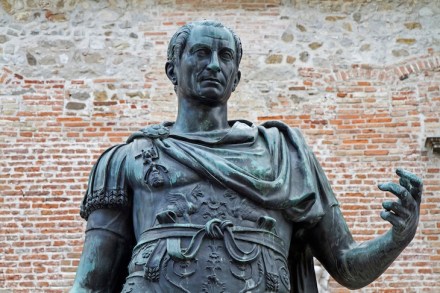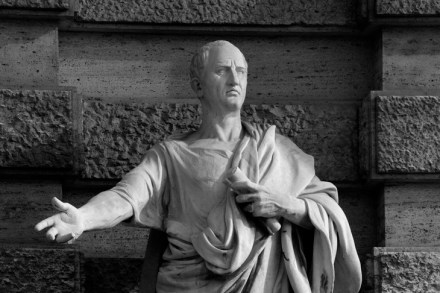Rome’s lesson for Labour
Jeremy Corbyn’s refusal to take serious action against Labour’s anti-Semitic members is no surprise: Marxists know who their friends are. The Roman plebs showed how to deal with such cabals. In 509 bc, Rome’s last tyrant king was thrown out, and the very nobles who had advised him at once took over the new republic




















